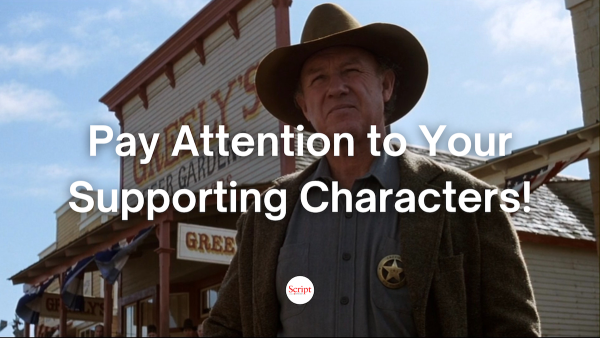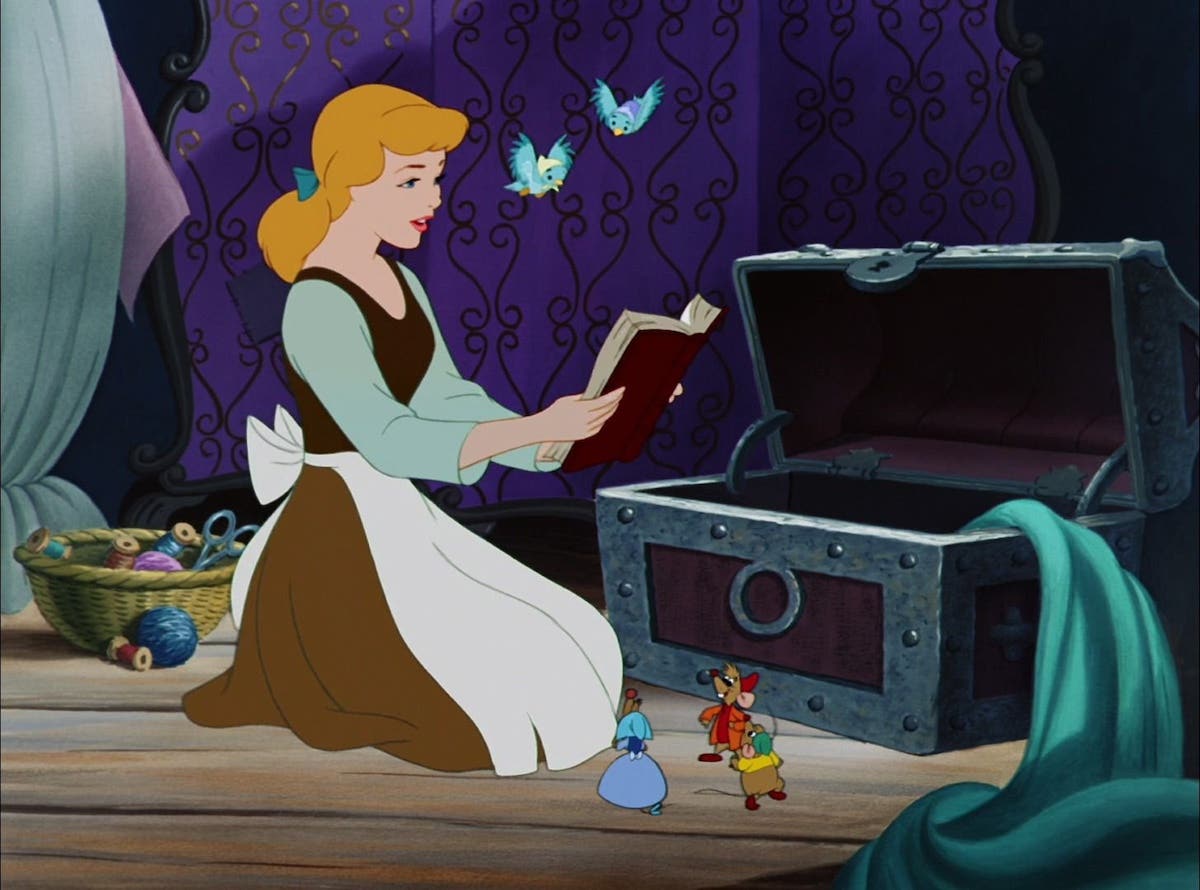Jeanne’s Screenwriting Tips: Screenplay Notes for an ‘Emotional Read’
Beyond remarks on story structure and character development, Jeanne Veillette Bowerman wants what she calls screenplay notes from an “emotional read.”
“I've learned that people will forget what you said, people will forget what you did, but people will never forget how you made them feel.”
~ Maya Angelou
I always think of that quote from Maya Angelou when I write. With her recent passing, it's on my mind even more.
I write to make people feel. So when I ask people to give me feedback on my scripts or novels, the number one concern I have is how they feel while they're reading it.
When I give feedback to my writer friends, I always print their scripts out and arm myself with a pen, not to slash their words, but simply to write down my feelings in the margins. Am I hating the character? Am I shocked at what they just did? Did they lose my interest? Am I bored? Did I look at my watch? I want to share with the writer everything I’m feeling while I read.
I want the same when someone reads my work. Beyond story structure and character development, I want what I call screenplay notes from an “emotional read.”
The best way to get that type of reaction might be to give your script to a nonwriter. That way, they won't get caught up in all the screenwriting rules and simply give you their gut reaction.
Think about what makes you turn the channel. For me, it’s usually that either the show is boring me or I don’t like the characters enough to care if they succeed. Those are negative emotional reactions. As writers, we need to make people feel something, whether it be fear, sadness, happiness, or shock. Why read or watch anything that doesn’t leave you moved on some level?
The more people feel during their reading experience, the more people will talk about it after. Just think of almost any ending to a Game of Thrones episode.
Recently, I sent two chapters to one of my beta readers. The response to the protagonist’s love interest was, “I don’t like him… and now I don’t like her.”
I gotta tell you, I did not want to revisit those chapters because they weren’t easy to write in the first place, but I couldn’t ignore that note. No way in hell. So instead of diving in and rewriting, I started by exploring what I wanted the reader to feel during those scenes. Once I nailed the “feeling,” I then brainstormed actions my character could take to make them empathetic instead of pathetic.
I had to get clear on what feelings I was trying to elicit in the reader because I knew, at the end of the day, they would remember the feeling of having read my work more than they would remember the details of the scenes.
The next time you ask someone for notes, ask them to jot down their emotional reactions. I promise you, addressing those notes will elevate your work, making the reader have to turn the page, and more importantly, never forget your writing talent.
Note: Corey Mandell has an excellent list of questions he asks readers to answer that help with rewrites. You can find it here.
- More articles by Jeanne Veillette Bowerman
- Script Angel: Script Feedback
- Meet the Reader: What I Look For
- Back to the Chalkboard: Notes on Notes
Get Free Downloads on Story Structure, Rewriting Tips & More
SAVE HUNDREDS on our bundle of products - Sale Ends 11/30/17:
Critical Tools to Help You Connect Emotionally to Your Audience
Jeanne Veillette Bowerman is a Senior Executive at Pipeline Media Group and Book Pipeline, Editor-in-Chief of Pipeline Artists, Director of Symposium—a year-round conference in the arts, co-host "Reckless Creatives" podcast, partner at Fringe Press, former Editor-in-Chief of Script magazine and a former Senior Editor at Writer's Digest. Recognized as one of the "Top 10 Most Influential Screenwriting Bloggers," her "Balls of Steel" column was selected as recommended reading by Universal Writers Program. A compilation of her articles is now available at The Writers Store—Balls of Steel: The Screenwriter's Mindset. She is also Co-Founder and moderator of X's weekly screenwriters’ chat, #Scriptchat, and wrote the narrative adaptation of the Pulitzer Prize-winning book, Slavery by Another Name, with its author, Douglas A. Blackmon, former senior national correspondent of The Wall Street Journal. More information can be found on her website. X: @jeannevb | IG/Threads: @jeannevb_ | BlueSky: @jeannevb.bsky.social







